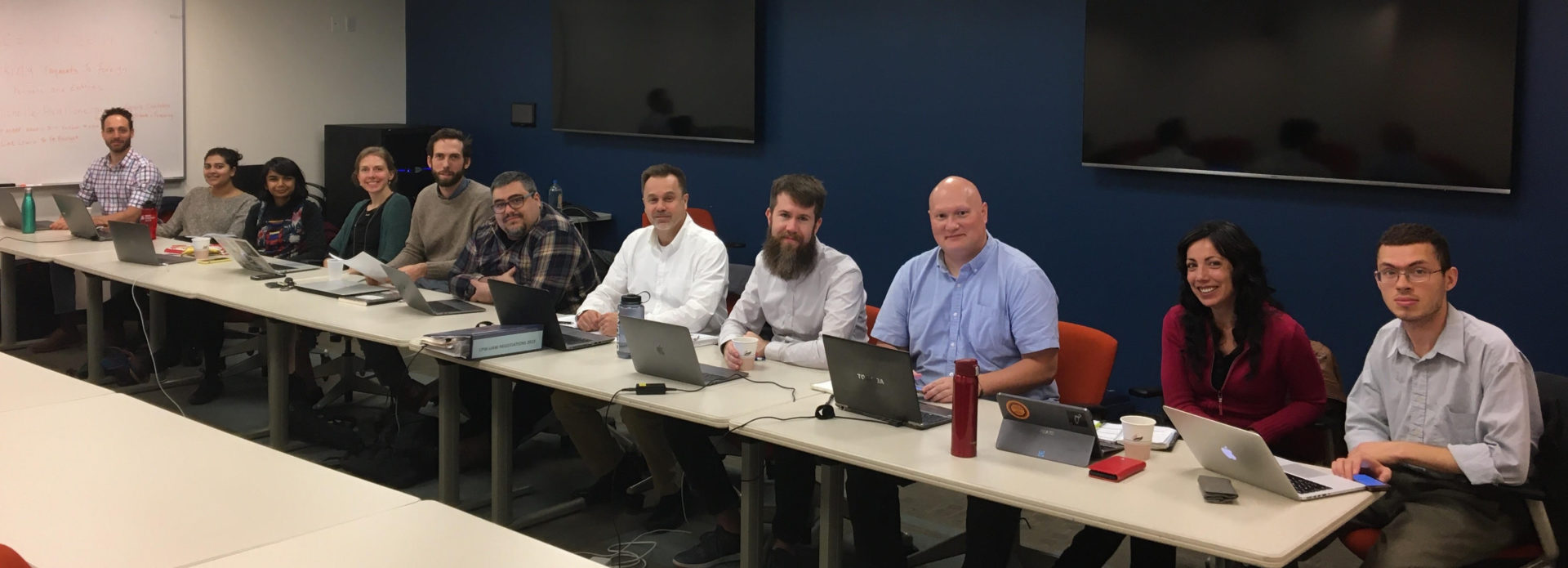

In our latest bargaining session this week, we had further discussion on a handful of proposals, but reached no new tentative agreements. While we did have what we hope was useful dialogue on some of our proposals, it remains very clear that we still have a lot of work to do inside and outside the bargaining room in order to make progress on establishing new protections against bullying and harassment in our first contract. See below for more details about the topics covered in this session.
Non-Discrimination—we did not exchange any new written proposals on this article, but we did have substantive discussion of our proposed protections against “power-based harassment” or “bullying.” Columbia so far has shown little interest in including such a provision in our contract despite growing acknowledgement of the widespread nature of this problem at Columbia and in academia more generally, as well as hearing directly from researchers at Columbia about this problem. In the course of our discussion this week, the administration team objected to the particular language on bullying in our proposal. While they in no way committed to including the concept in the contract, we said we would consider alternative formulations of our language that could accomplish the same objectives in regards to this widespread problem. Given the importance of this issue, we intend to pursue every avenue to establish fair protections for researchers as part of our overall effort to make Columbia a more inclusive workplace.
Health and Safety – Columbia gave us a new proposal that incorporated a couple provisions we have been seeking, addressing notice requirements on asbestos projects and availability of first aid training. While we see this as progress, we still have a number of outstanding issues on this important topic.
International Researchers—The administration’s team continues to take a rigid position against many of the provisions in our proposal, focusing this week mostly on its refusal to consider language expanding researcher rights to be able to make more informed choices on visa options as the university wishes to retain the right to determine the visa of international researchers. They also believe that aspects of our proposal remains too “costly”. We expect to have many more conversations on this proposal.
Intellectual Property—While Columbia acknowledged that much of our proposal is similar to the existing University policies on these issues, they unfortunately have still made no counter proposal and continue to resist the idea of including protections against retaliation for a researcher who pursues a complaint related to intellectual property or research misconduct, even though this is a common protection in a growing number of union contracts in academia.
We also proposed a variety of bargaining dates in November and are waiting to hear back.
Best,
CPW-UAW Bargaining Committee
